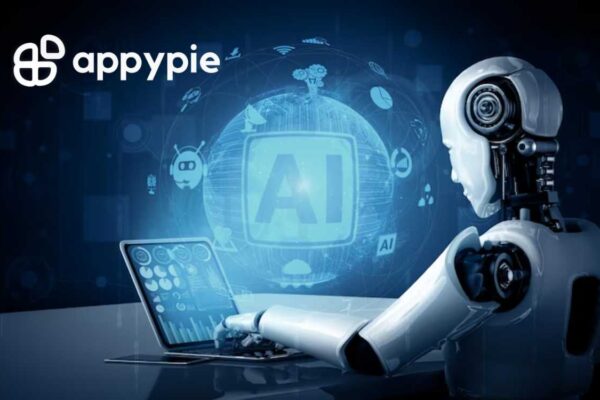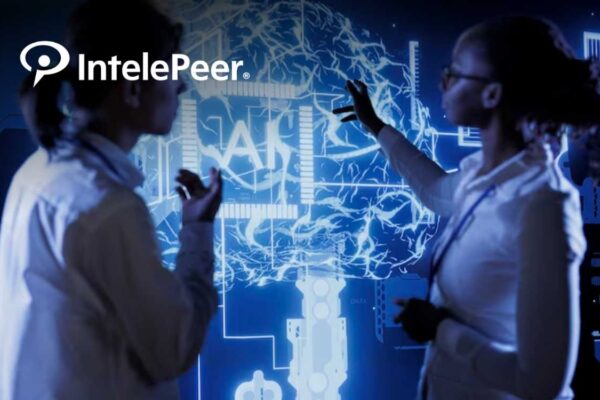Noodle.ai is thrilled to announce the addition of supply chain veteran and thought leader Trevor Miles joining Noodle.ai’s mission to create a world without waste. Trevor’s expertise in supply chain extends the depth of Noodle.ai supply chain focus and complements leading data science in their supply chain A.I. products.
“I joined Noodle.ai because the team has created products that solve the most pressing problems facing Supply Chain professionals. Everyday supply chains operate with uncertain demand, and uncertain supply. We must move to probabilistic planning systems that exploit the uncertainties to help us all make better bets and tailor risks. Existing deterministic planning systems ignore uncertainty and therefore generate hopelessly optimistic plans and give you no understanding of the risks associated with the plan.” said Trevor Milles.
An Unparalleled Infusion of Expertise
“Trevor brings an unprecedented supply chain depth of domain knowledge and technical acumen to Noodle.ai,” says Stephen Pratt, CEO of Noodle.ai. “He exemplifies the transformative, intelligent, and efficient solutions our company aims to deliver to business executives who are tired of the same old systems using the same old math.”
The Dynamic Legacy of Trevor Miles
Trevor Miles cultivated a career that defies the traditional limits of supply chain management. Trevor, known for his eclectic blend of theoretical and practical skills, states, “I’ve always sought to challenge the status quo, looking for opportunities to innovate and improve existing systems.” He continues, “I have long advocated for a change in approach to Supply Chain Planning based on the need to re-think the basic APICS definitions of siloed processes both horizontally – Buy, Make, Move, Store, Sell, Return – and vertically – Strategic, Tactical, Operational, and Execution. Much of this is captured in the terms Concurrent Planning and Network Planner which I coined while at Kinaxis.”
Noodle.ai and Trevor: A Symbiotic Partnership
Both Trevor and Noodle.ai share a vision for the future of AI in supply chain management. Tim Krug, CRO of Noodle.ai, elaborates: “Trevor brings a refreshing, disruptive approach to solving age-old problems. Whether we like it or not, everyday supply chain decisions are bets because they have uncertain outcomes with significant financial consequences. The fatal flaw of all current planning systems’, deterministic math, leads executives to make bad bets that create economic and environmental waste. I’m excited about the role Trevor will play as we look to help the industry take advantage of modern data science, compute power and the power of probabilities to make better bets, conquer waste, and boost profit.
Looking Forward: The Journey Begins
Influenced by Noodle.ai’s culture of open dialogue and innovative projects, Trevor envisions a “industry transformation from AI-driven demand and supply predictions, proactive supply chain risk management, and generative AI based supply plan corrections.” Trevor states, “What Noodle.ai offers me is the opportunity to explore the next evolution of planning technology.
In my career in and around the supply chain I’ve seen game-changing technology demonstrated twice. The first was at Kinaxis when I saw the power of in-seconds what-if simulations across demand and supply which enabled concurrent planning and network planning. The second was seeing Noodle.ai’s applications of predictive and generative AI. What struck me as I evaluated the opportunity with Noodle.ai is that Supply Chain Executives don’t have to wait to benefit from all the generative AI hype ushered in by ChatGPT. I was frustrated by the lack of practical applications of AI and the gap between what technology vendors have been communicating and what can actually be delivered. But, with Noodle.ai the opportunity is here to disrupt legacy supply chain processes we all know do not work and are reinforced by siloed systems. Noodle.ai has figured out how to get started solving the fatal flaw of every current planning system that forces you to pursue certainty and creates a plan that isn’t feasible and never gets executed.























